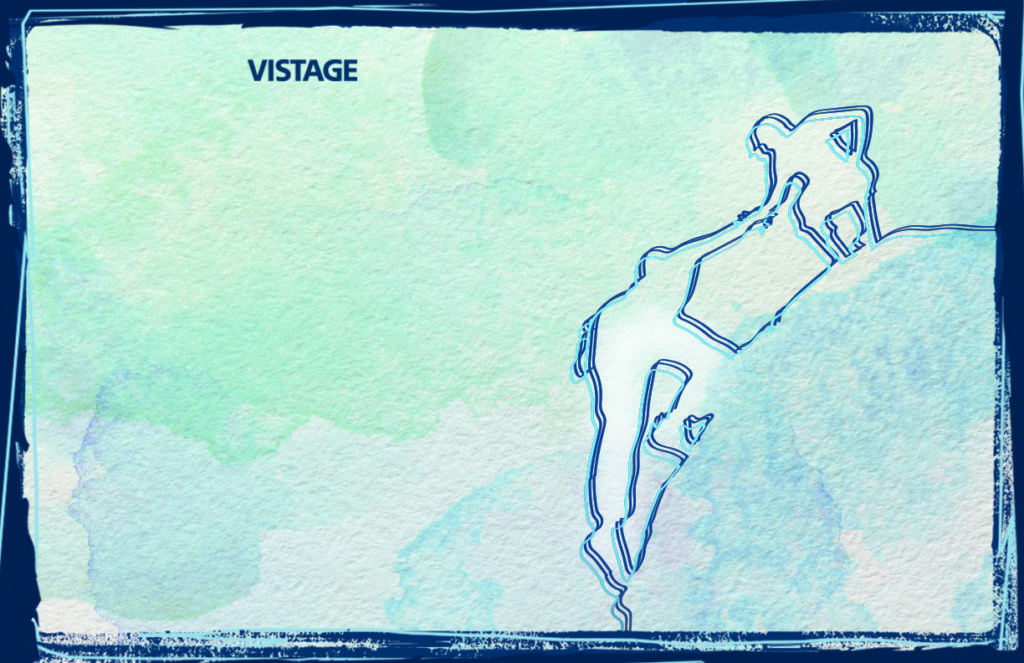Why fear is your friend

What’s the defining line that separates success from failure? Laura Herring says there’s no universal answer
— even though people have a tendency to measure their own success against that of others.
“So many people distort their experience by comparing it to others,” says Herring, a psychologist-turned-entrepreneur who founded a company now worth nearly $50 million. “For them, the definition of success is Mark Zuckerberg and these other Silicon Valley giants. It’s okay to not be a $20 million company in less than three years.”
Herring would know. After giving up her private counseling practice to start her own business in 1988, she lived through a series of setbacks that later paved the way for her astounding success. She shares that personal story her book, No Fear Allowed: A Story of Guts, Perseverance & Making An Impact, which traces her path to founding of IMPACT Group, a global career development firm that provides career-transition solutions to organizations.
 The book is full of “straight talk” lessons that have struck a chord with everyone from students and young professionals to entrepreneurs and seasoned CEOs running $100-million-plus companies. The core lesson she wants to imprint on every reader’s brain, as the title implies, is to not get stuck in fear.
The book is full of “straight talk” lessons that have struck a chord with everyone from students and young professionals to entrepreneurs and seasoned CEOs running $100-million-plus companies. The core lesson she wants to imprint on every reader’s brain, as the title implies, is to not get stuck in fear.
“Fear should never freeze you. It should free you,” she says. “Fear is your friend. It hits you in the gut and forces you to STOP: EVALUATE, CALCULATE and ACTIVATE a plan. Fear is your internal GPS.”
True to that mantra, Herring made “fear her friend” when she was diagnosed with breast cancer — twice. As a survivor, she now champions efforts in support of breast cancer research, donating all of her book profits to the cause.
Herring’s philosophy has also carried over into her work with business leaders. She coaches business leaders to keep moving forward, no matter what adversity comes their way. “You’ve got to believe in a tomorrow,” she says.
She stresses the importance of surrounding yourself with the right people — which, for her, has included members of her Vistage CEO peer advisory group. A Vistage member for nearly a decade, Herring says that the group held her accountable, challenged her decisions and pushed her to do things that weren’t always comfortable.
For example, when Herring was about to invest $500,000 in a new online product, her Vistage group questioned whether it made sense for her business. As a result, Herring decided against the investment and put resources toward growing her sales team, a move that paid off tremendously.
“Once you’re the CEO, you think you have all the answers, but you don’t,” she says. “You need people around you, like your staff. With Vistage, you’re surrounding yourself with people who have no vested interest in the outcome of your decision.”
Category : Leadership Competencies


Surrounding yourself with right people that challenge you to ask the right questions to yourself forces you to grow.